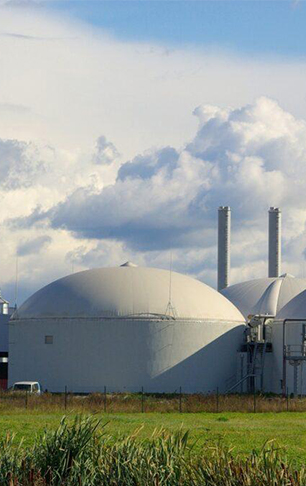What is BIO-CNG?
Nature provides CNG fuel derived from refuse such as animal waste, food scraps, and other agricultural waste materials and then biological CO2 is treated and transformed into bio-compressed gas. With a pollution-free, bio-compatible environment, Bio-CNG is both cleaner and more renewable.It can be used for automobile, cooking and for industrial activities thus presenting a viable option than the conventional fuel sources.

Green Growth
Renewable Revolution

Advantages of BIO CNG
- Polluting-free: Bio-CNG significantly reduces the emission of greenhouse gases and facilitates avoiding pollution.
- Sustainable Energy Source: Being a renewable source of energy it does not exploit conventional energy resources and ensures that the energy needs will be met in the future.
- Efficient Waste Management: Turning food waste, agricultural by-products, and animal waste into useful energy in the process of waste recycling and decreasing landfill usage.
- Cost-Effective: Bio-CNG is cheaper to use than conventional fuels hence reducing the costs of production for firms and use in households.
- Versatile Applications: Due to its versatility, it can be used in transportation, cooking food, generating power, or in industries in general.
- Energy Independence: Encourages decentralization of energy generation and utilization thus minimizing the use of fuel imports and increasing energy security.
- Economic Growth: Generate employment in the rural sectors, raise the income of farmers, and boost local businesses.
- Reduced Carbon Footprint: Enables organizations to attain carbon neutrality targets, thus following the sustainability policies across the globe.